Resolution No. 57/NQ-TW dated December 22, 2024 of the Politburo identified science and technology, innovation and digital transformation as important fields for Vietnam to realize its strategic goals.
Science and technology, innovation must be the main driving force in economic development, the inevitable driving force for Vietnam to become a sustainably developed country.
To specify the above contents, Resolution No. 57 has been actively implemented by sectors, levels and localities and has achieved many outstanding results.
Building modern digital infrastructure
Phu Tho province has determined strong political determination and synchronously deployed many solutions to effectively implement Resolution No. 57/NQ-TW, focusing on raising awareness, renewing thinking, promoting the exemplary role of leaders, and at the same time mobilizing the active participation of the whole society. Phu Tho invests heavily in digital infrastructure.
To date, the province has more than 10,200 BTS stations with 100% 3G and 4G coverage, and 170 5G stations are commercially broadcasting. The provincial data center is equipped with modern, highly secure facilities, ensuring information security in state management activities.
All agencies from the provincial to communal levels have computers, LAN, and broadband internet. The province has also issued many mechanisms and policies on education, training of high-quality human resources, attracting domestic and foreign talents... Since the merger, all agencies and units have implemented sending and receiving electronic documents with digital signatures.
Many sectors and fields in the province have effectively deployed digital technology applications, such as the Provincial Police Department issuing more than 2.5 million level 2 electronic identification accounts; the Justice Department completing the digitization of household registration books; the Health Department deploying electronic medical records, applying AI in stroke diagnosis; the Education Department forming a smart education ecosystem; the Agriculture Department building a land database, applying QR codes in quarantine; the Tourism Department developing the smart tourism portal Myphutho.vn; the Tax Department deploying Etax Mobile and electronic invoices; the Home Affairs Department paying social security without cash.
In An Giang province, promoting digital transformation associated with administrative reform, building e-government, aiming at developing smart cities and digital government is a practical activity to improve the effectiveness and efficiency of state management, building a streamlined and modern government model for the benefit of people and businesses in the area.
Along with the efforts of the government, businesses in the province have proactively approached digital platforms and digital services to gradually carry out digital transformation in production and business activities.
All businesses pay taxes electronically and use electronic invoices; all agencies, units, and localities pay salaries and fees via bank cards.
An Giang province cooperated with businesses to issue more than 94,447 digital signatures, reaching 5% of the working-age population in the province. The whole province is covered by 3G and 4G mobile phone signals.
Hamlets, wards and neighborhoods are connected to high-speed fiber optic internet lines, ensuring good service for people and businesses participating in using digital platforms and digital applications provided by state agencies.
The province's dedicated data transmission network has been expanded to 102 communes, wards, and special zones, ensuring smooth and stable operations, serving well the direction and administration of the province when implementing the 2-level local government model. The province's administrative procedure settlement information system publicly lists 2,175 administrative procedures, and is implemented regardless of administrative boundaries; 100% of people's and businesses' records are received and publicly resolved on the National Public Service Portal.
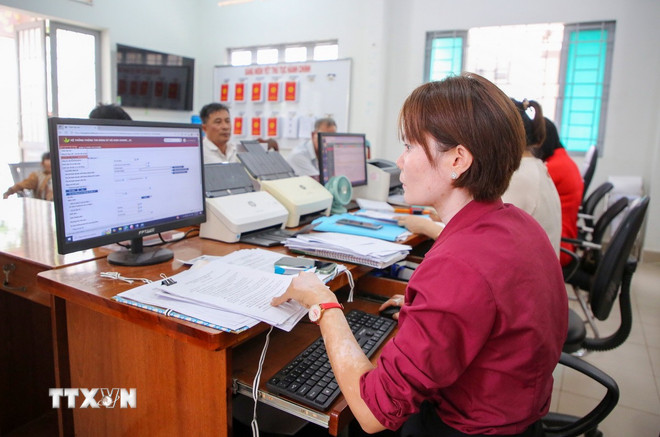
Tay Ninh orients science and technology to develop in a modern direction, linked to practice, prioritizing the application of high technology and digital technology in production, business and management, and improving the operational efficiency of the innovation system.
The province develops innovation in a synchronous and effective direction with enterprises at the center, ensuring inter-sectoral cooperation between institutes-schools-enterprises-investors; accelerating digital transformation on all three pillars: digital government, digital economy and digital society.
In particular, Tay Ninh strives to start construction of a high-tech industrial park, digital technology industrial park and innovation center by 2026. This industrial park will prioritize attracting businesses operating in the fields of clean technology, renewable energy, artificial intelligence, semiconductor industry and advanced digital technology.
International cooperation in science and technology development, digital transformation in a new phase
Strengthening international cooperation is an important factor in promoting the development of science, technology and digital transformation, helping Vietnam integrate deeply with the world, quickly grasp and apply advanced technological advances.
Within the framework of the National Innovation Day 2025, the Department of Innovation (Ministry of Science and Technology) and the German International Cooperation Agency (GIZ) exchanged the Agreement on implementing the Project "Clean, affordable energy and energy security for Southeast Asian countries implemented in Vietnam" (abbreviated as CASE).
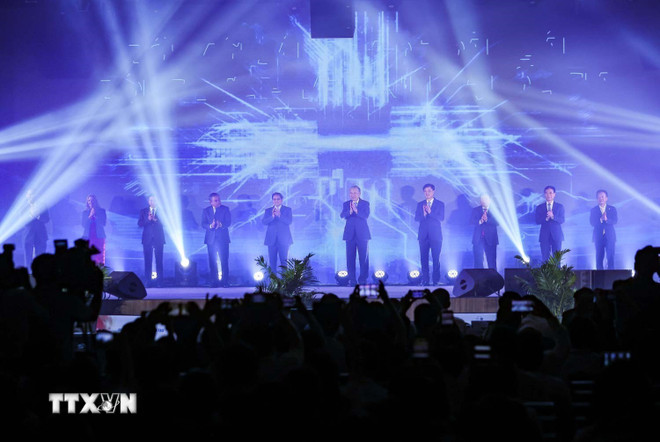
The CASE project aims to support Vietnam in its energy transition to build a sustainable, reliable and affordable energy system, while contributing to the realization of Vietnam's commitments under the Paris Agreement on climate change.
The focus of the project is to build a scientific and practical foundation to promote technology transfer, development and innovation in the energy sector; assess the technological capacity of enterprises, institutes and schools; strengthen the connection between research and enterprises in receiving and applying technology from abroad and forecasting human resource needs in the energy transition process in Vietnam.
Mr. Nguyen Mai Duong, Director of the Department of Innovation, affirmed that the Vietnam CASE Project will contribute to supporting Vietnamese enterprises to participate more deeply in the global value chain in the clean energy sector.
Regarding the project, Ms. Vu Chi Mai, Director of CASE Vietnam Project shared that during the implementation phase in Vietnam, CASE will focus on connecting domestic units with international organizations in technology research and development, research on innovation index in the renewable energy industry, and evaluate the financial resources and infrastructure capabilities of companies in Vietnam in providing renewable energy equipment and services.
The project is expected to contribute to promoting the energy innovation ecosystem and implementing a fair and effective energy transition. At the fourth bilateral meeting recently held between the Vietnam Academy of Science and Technology (VAST), the Lao Ministry of Technology and Communications (MTC), the two sides signed a cooperation agreement between the Institute of Earth Sciences (Vietnam) and the Institute for Smart Technology Application Research (Laos).
The event marks an important step forward in realizing the goals of science, technology and innovation cooperation between Vietnam and Laos in the digital age.
Over the past time, the cooperation between the two sides has achieved many outstanding results. The Joint Laboratory for Disaster Data and Communication continues to operate effectively, promptly recording and analyzing major seismic events, contributing to improving Laos' early warning capacity.
In the field of training, Hanoi University of Science and Technology (USTH) and Lao Institute of Information and Communications Technology (IICT) have coordinated to develop a plan to train high-quality human resources with master's and doctoral scholarship programs, 2+2 exchange programs, and at the same time prepare Lao lecturers to serve newly opened majors./.
Source: https://www.vietnamplus.vn/dot-pha-theo-nghi-quyet-57-dau-tu-manh-me-cho-ha-tang-so-post1068169.vnp



![[Photo] Prime Minister Pham Minh Chinh chairs the Government's online conference with localities](https://vphoto.vietnam.vn/thumb/1200x675/vietnam/resource/IMAGE/2025/10/5/264793cfb4404c63a701d235ff43e1bd)



![[Photo] Prime Minister Pham Minh Chinh launched a peak emulation campaign to achieve achievements in celebration of the 14th National Party Congress](https://vphoto.vietnam.vn/thumb/1200x675/vietnam/resource/IMAGE/2025/10/5/8869ec5cdbc740f58fbf2ae73f065076)


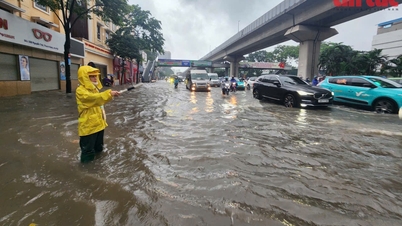
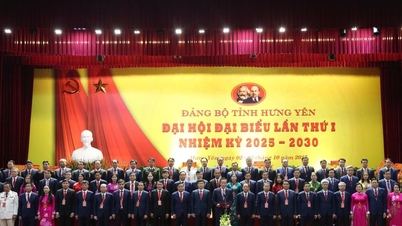

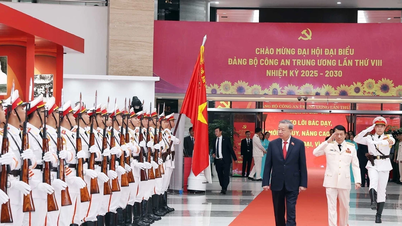


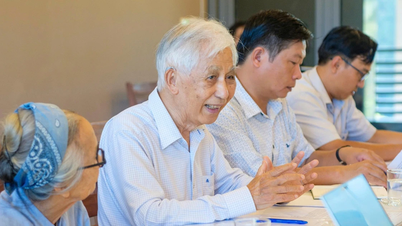




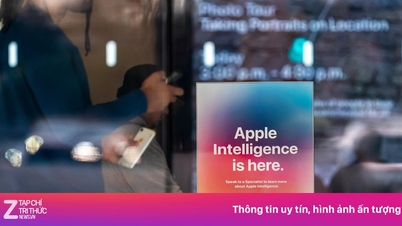
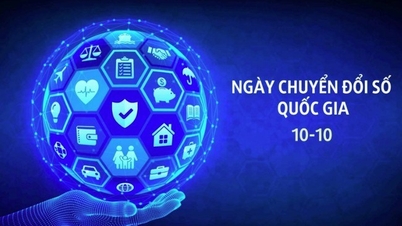








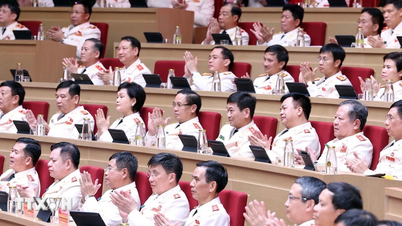
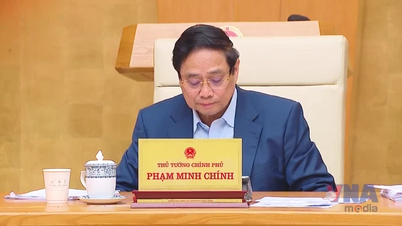
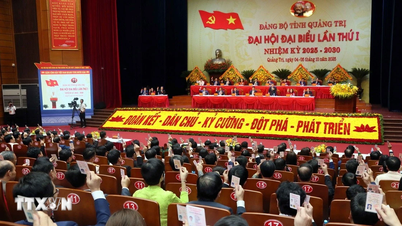
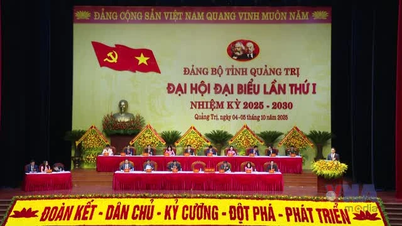
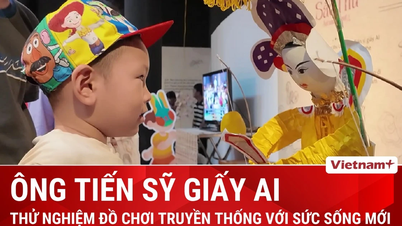

























![[VIDEO] Summary of Petrovietnam's 50th Anniversary Ceremony](https://vphoto.vietnam.vn/thumb/402x226/vietnam/resource/IMAGE/2025/10/4/abe133bdb8114793a16d4fe3e5bd0f12)

![[VIDEO] GENERAL SECRETARY TO LAM AWARDS PETROVIETNAM 8 GOLDEN WORDS: "PIONEER - EXCELLENT - SUSTAINABLE - GLOBAL"](https://vphoto.vietnam.vn/thumb/402x226/vietnam/resource/IMAGE/2025/7/23/c2fdb48863e846cfa9fb8e6ea9cf44e7)













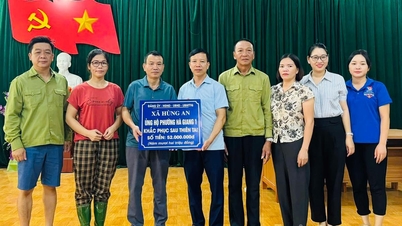


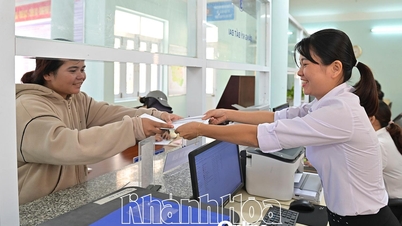

















Comment (0)